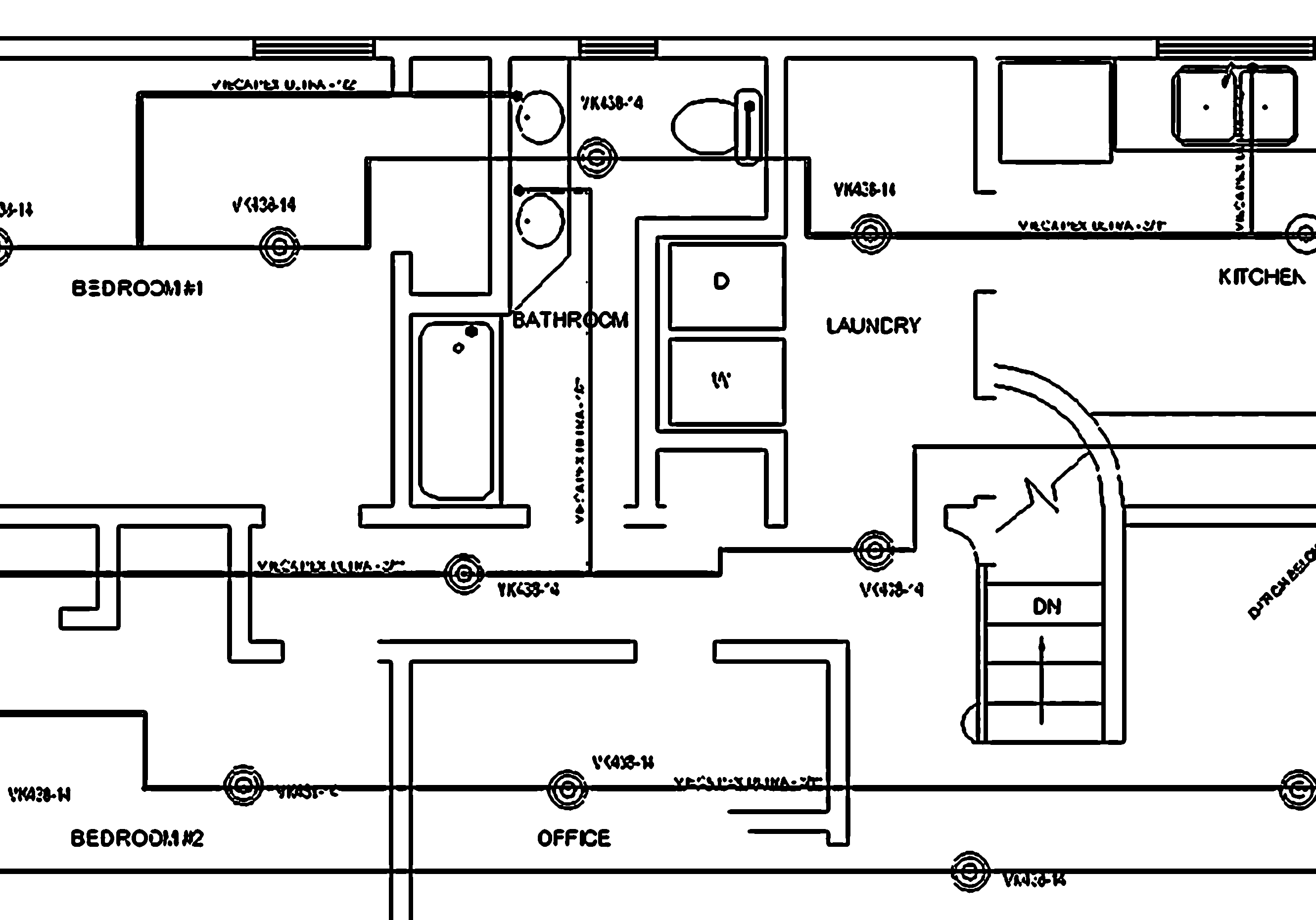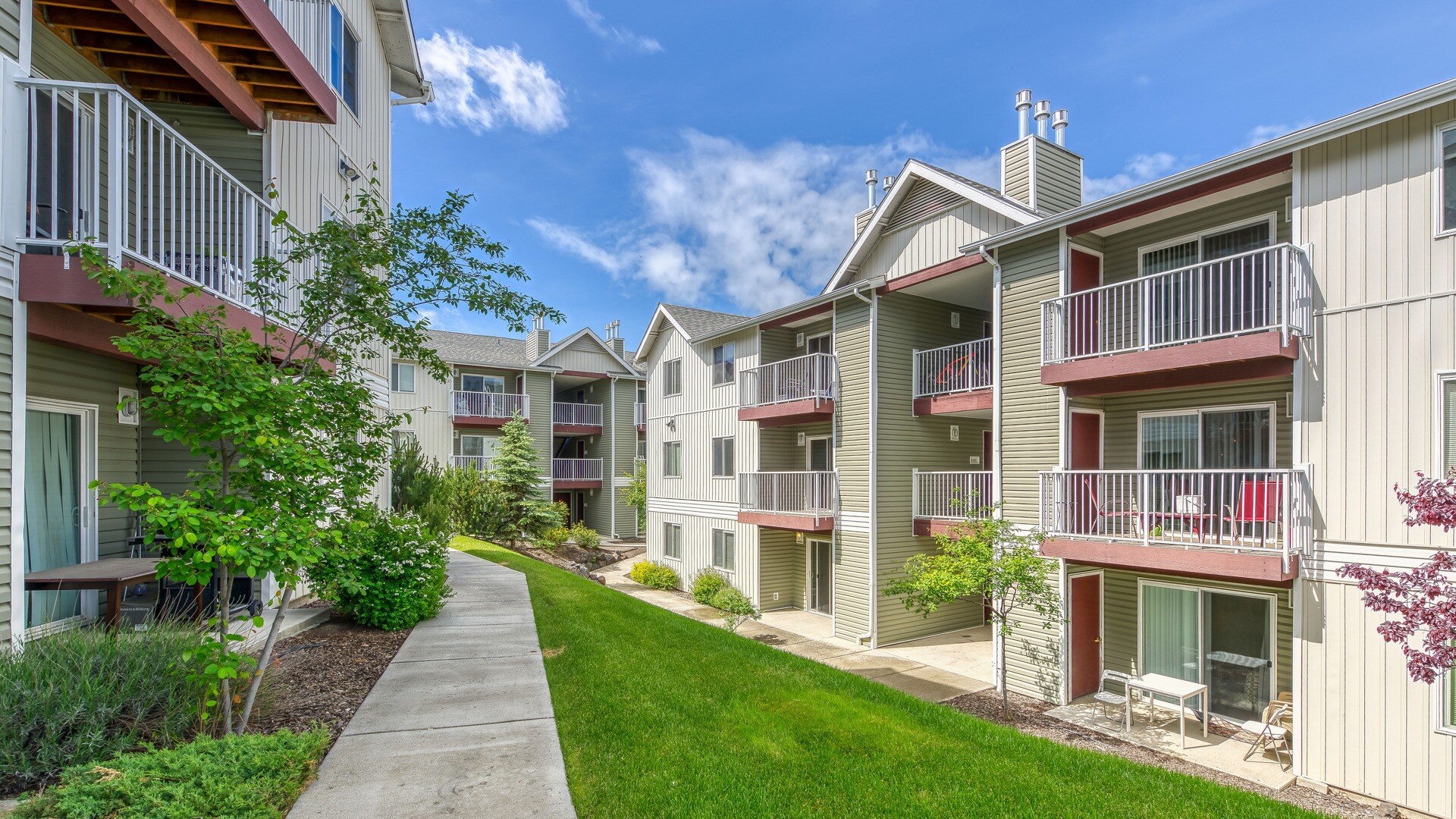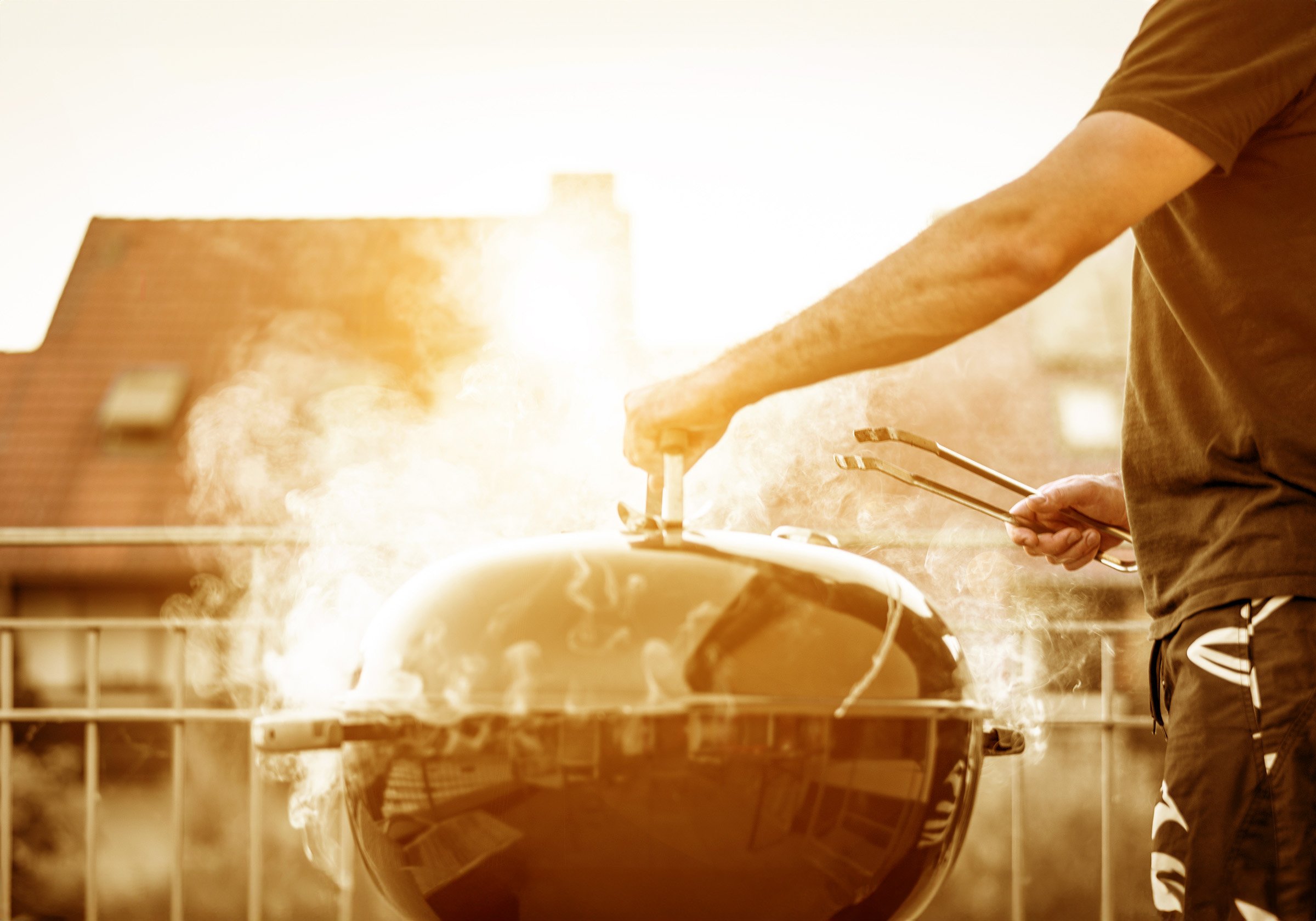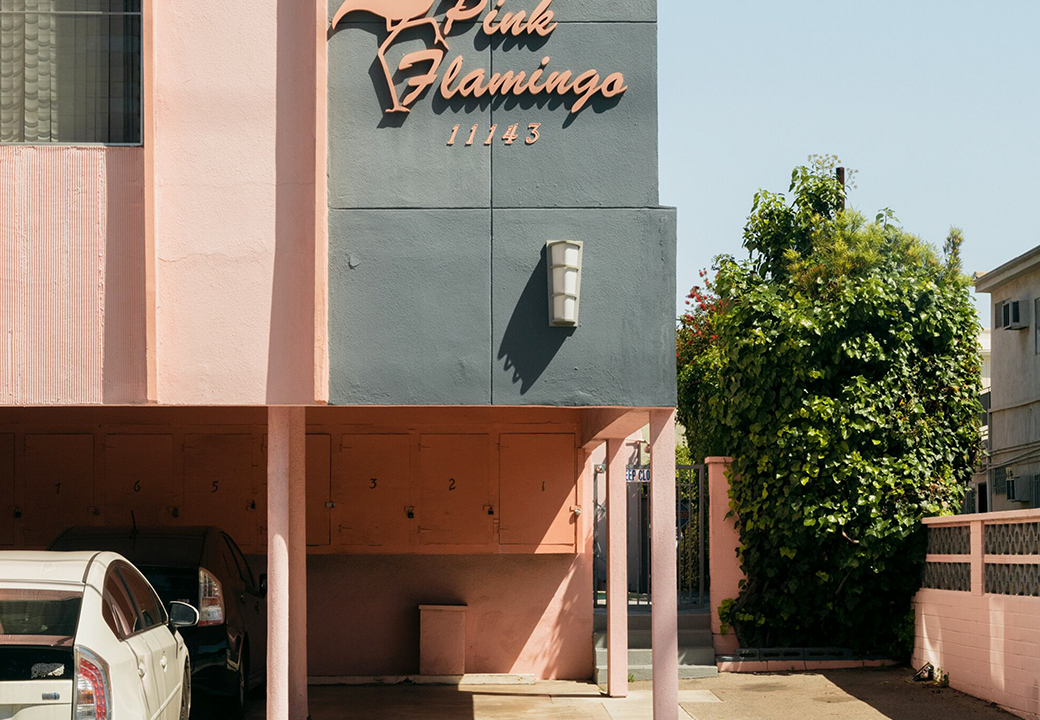It’s the season for home improvement. But while you may be eyeing a new kitchen island or a soaking tub in the master bath, there’s one project that could make a big difference in your safety and peace of mind.
The other weekend, I was at IKEA when I noticed the Renton Fire Department exhibiting in the parking lot. I was intrigued and moseyed over. What kind of project would involve a fire department? Turns out, it was all about home fire sprinkler systems.
Sure, home sprinklers don’t have the “wow factor” of Italian marble countertops, but I’m strongly considering them after what I learned.
 The Renton Fire Department helping to save lives and property
The Renton Fire Department helping to save lives and property
through service and education.
Related:
Underwriting Property: A Guide to Fire, Wildfire and Earthquake Risk
In under five minutes, a fire can reach the flashover point — a level that nobody survives. In their IKEA demonstration, the Renton Fire Department showed how fast curtains can catch fire, and how well a home sprinkler can extinguish the flames.
I’ll admit to thinking about the drawbacks of home sprinkler systems. I’d heard they’re prone to leaking and that they can be triggered by the smoke from burnt food, causing major water damage. But the folks from the Renton Fire Department assured me the benefits of sprinklers far outweighed the negatives.
Home sprinklers, they informed me, activate independently. Only the sprinkler close to the fire will go off. And because home sprinklers are activated by heat, not smoke, burnt food won’t set them off.
What’s more, you can also choose to install non-water-based sprinklers in areas like the kitchen. These sprinklers are better at putting out grease fires, which are more likely to happen when cooking. They guided me to homefiresprinkler.org, the website of the nonprofit Home Fire Sprinkler Coalition dedicated to educating the public on the benefits of home fire sprinkler systems. Their myth-busting page put most of my fears to rest. Sprinkler leakage, it turns out, is less common than plumbing problems, and typically much less severe.
While it may not make sense to retrofit your existing home with a sprinkler system, definitely consider it during major remodels or new construction. It costs as little as $1.35 per square foot, not much when you consider how well a home sprinkler system can protect your belongings and loved ones.












